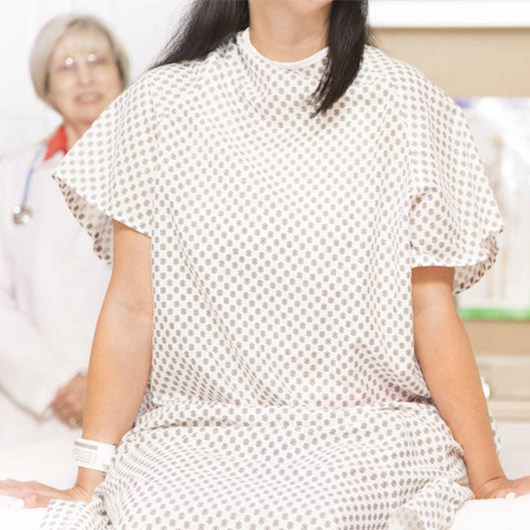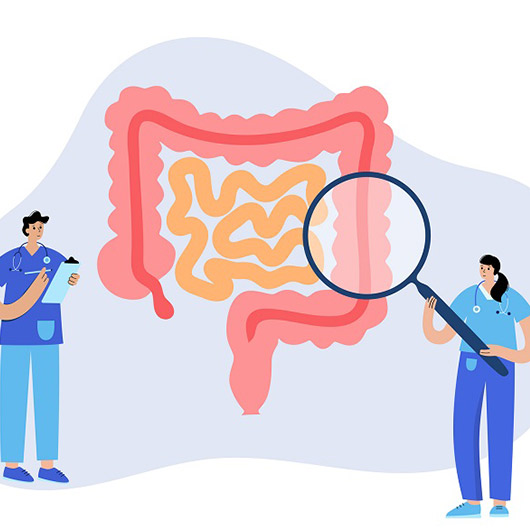Detecting Cancer Early
Hackensack Meridian’s John Theurer Cancer Center is part of the Georgetown Lombardi Comprehensive Cancer Center, an NCI-designated Comprehensive Cancer Center.In 2016, Memorial Sloan Kettering Cancer Center and Hackensack Meridian Health formed a clinical partnership dedicated to keeping communities across New Jersey healthy.
Hackensack Meridian Health’s integrated health care network and expansive reach coupled with Memorial Sloan Kettering’s specialized cancer expertise enable us to provide the best prevention tools and screenings. We know that early detection is the best way to prevent, treat, and cure cancer.
Make sure to schedule your appointment today.
Regular screenings are an essential part of cancer prevention and provide the best chance of finding cancer early when it’s easier to treat and cure.
Call 1-833-Cancer-MD or request an appointment online today
We offer screenings for:
- Breast cancer (Mammography)
- Cervical cancer (Pap and/or HPV test)
- Colon cancer (Colonoscopy, flexible sigmoidoscopy, or stool blood or DNA testing)
- Lung cancer (Low-dose CT scan)
- Skin cancer (Full-body skin check)
- Prostate cancer (Blood test)
- Head and neck cancers (Exams of the mouth, throat, and neck)
Cancer Screening Guidelines
We’ve broken down the screening guidelines for men and women by age to make it easy for you to know which are relevant to you. Your primary care physician can provide more insight based on your personal and family medical history. Check with your insurance provider regarding coverage for screenings.Breast cancer screening should begin at age 40 and possibly earlier if you have a family history of breast cancer. Speak with your doctor about when you should start screening.
Cervical cancer screening with a Pap test is recommended starting at age 21. Women ages 21-29 should have a Pap test every 3 years. Starting at age 30, the test should be done every 5 years with an HPV test, or every 3 years with the Pap test alone.
Colorectal cancer screening with colonoscopy, flexible sigmoidoscopy, or stool blood or DNA testing may start if you have a family history of colon cancer or polyps or a personal history of inflammatory bowel disease or polyps.
Skin cancer screening may be considered, especially if you have a family history of the disease or suspicious/abnormal moles. Ask your doctor if you should have periodic full-body checks by a dermatologist.
Breast cancer screening with mammography should be performed each year.
Cervical cancer screening with a Pap test and HPV test every 5 years, or every 3 years with the Pap test alone.
Colorectal cancer screening with colonoscopy, flexible sigmoidoscopy, or stool blood or DNA testing should start at age 45. The test may be done every 10 years (more frequently in those with polyps).
Lung cancer screening is recommended for adults aged 50 to 80 years who have a 20 pack-year smoking history and currently smoke or have quit within the past 15 years.
Skin cancer screening may be considered, with a full-body skin check by a dermatologist.
Breast cancer screening with mammography can be done every two years starting at age 55, or you can continue to get a mammogram each year.
Cervical cancer screening with a Pap test and HPV test every 5 years, or every 3 years with the Pap test alone.
Colorectal cancer screening with colonoscopy, flexible sigmoidoscopy, or stool blood or DNA testing every 10 years (more frequently in those with polyps).
Lung cancer screening is recommended for adults aged 50 to 80 years who have a 20 pack-year smoking history and currently smoke or have quit within the past 15 years.
Skin cancer screening may be considered, with a full-body skin check by a dermatologist.
Breast cancer screening with mammography every 1-2 years.
Cervical cancer screening is no longer needed if you have had regular cervical cancer testing with normal results during the previous 10 years.
Colorectal cancer screening with colonoscopy, flexible sigmoidoscopy, or stool blood or DNA testing until age 75. Some individuals may still need periodic screening until age 85.
Lung cancer screening is recommended for adults aged 50 to 80 years who have a 20 pack-year smoking history and currently smoke or have quit within the past 15 years.
Skin cancer screening may be considered, with a full-body skin check by a dermatologist.
Colorectal cancer screening with colonoscopy, flexible sigmoidoscopy, or stool blood or DNA testing if you have a family history of colon cancer or polyps or a personal history of inflammatory bowel disease or polyps.
Skin cancer screening may be considered, especially if you have a family history of the disease or suspicious/abnormal moles. Ask your doctor if you should have periodic full-body checks by a dermatologist.
Prostate cancer screening is a discussion you should have with your doctor starting at age 45 if you have a higher than average risk of this disease. This includes men with close family members (father, brother, son) who had prostate cancer before age 65 as well as African-American men. Screening includes a blood test for the PSA protein. All men should discuss the pros and cons of PSA testing with their doctors starting at age 50.
Colorectal cancer screening with colonoscopy, flexible sigmoidoscopy, or stool blood or DNA testing starting at age 45. The test may be done every 10 years (more frequently in those with polyps).
Lung cancer screening is recommended for adults aged 50 to 80 years who have a 20 pack-year smoking history and currently smoke or have quit within the past 15 years.
Skin cancer screening may be considered, with a full-body skin check by a dermatologist.
Prostate cancer screening with PSA testing should be discussed with your doctor to weigh the benefits and risks.
Colorectal cancer screening with colonoscopy, flexible sigmoidoscopy, or stool blood or DNA testing every 10 years (more frequently in those with polyps).
Lung cancer screening is recommended for adults aged 50 to 80 years who have a 20 pack-year smoking history and currently smoke or have quit within the past 15 years.
Skin cancer screening may be considered, with a full-body skin check by a dermatologist.
Prostate cancer screening with PSA testing should be discussed with your physician if you expect to live 10 or more years.
Colorectal cancer screening with colonoscopy, flexible sigmoidoscopy, or stool blood or DNA testing until age 75. Some individuals may still need periodic screening until age 85.
Lung cancer screening is recommended for adults aged 50 to 80 years who have a 20 pack-year smoking history and currently smoke or have quit within the past 15 years.
Skin cancer screening may be considered, with a full-body skin check by a dermatologist.



